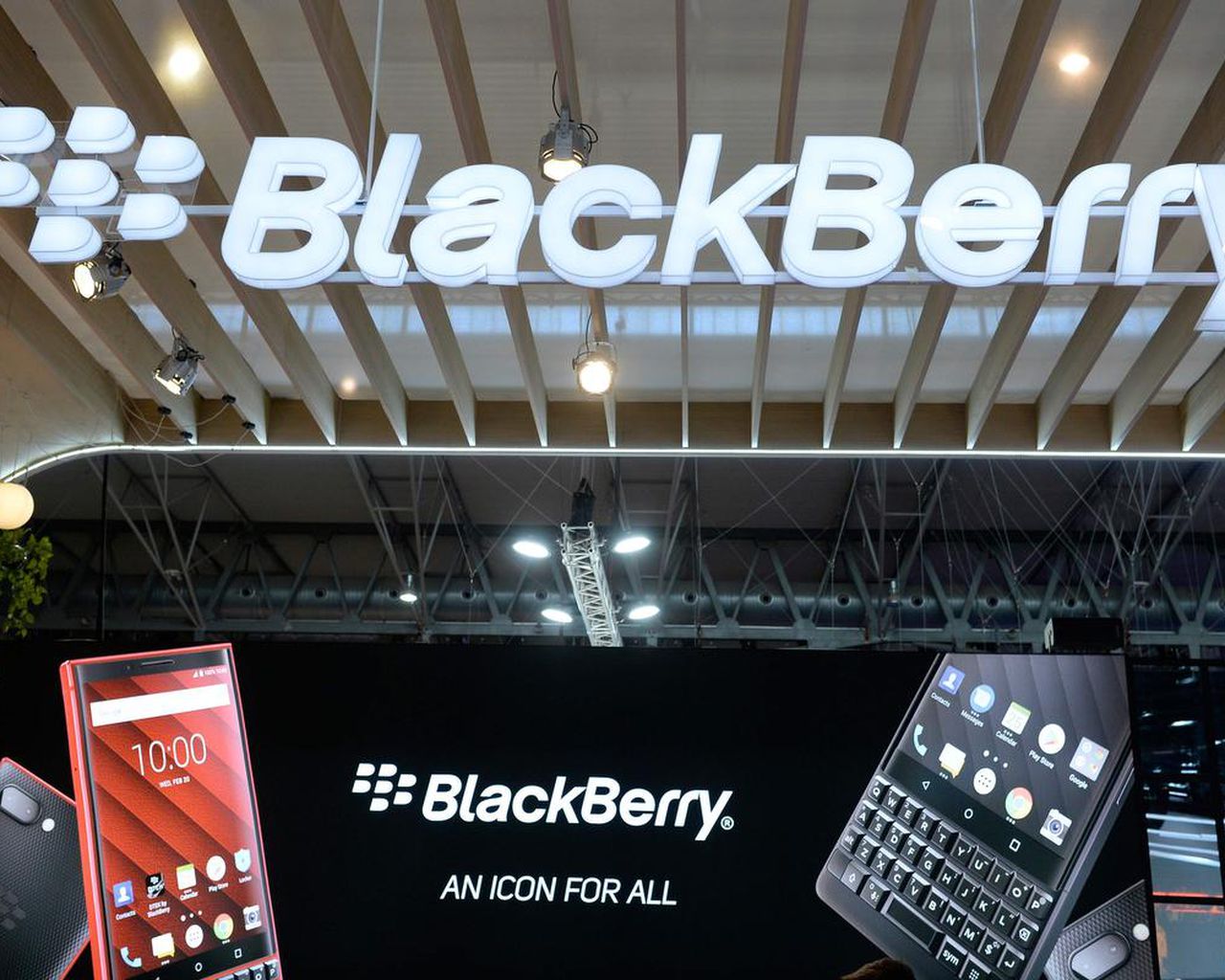
Blackberry Phones to Stop Working as Company Decommissions Several of Its Services
Many of BlackBerry Ltd.’s mobile phones will stop reliably working after the company decommissions several of its services.
The Waterloo, Ont.-based business is decommissioning services for BlackBerry 7.1 OS and earlier, BlackBerry 10 software, BlackBerry PlayBook OS 2.1, and earlier versions, as it transitions away from producing phones and toward being a software company.
The decommissioning will not impact BlackBerry phones running on Android software but means devices running the company’s legacy services and software through either carrier or Wi-Fi connections will no longer have reliable data, phone calls, text messages, and 9-1-1 functionality.
“It’s sad to see those older devices go, but it’s not unexpected,” said Dave Mason, a longtime BlackBerry user in Didsbury, Alberta.
“There’s only so much they can put into it time-wise, security-wise, because everyone is either using Android or Apple devices.”
Mason, a storm chaser and photographer, has owned at least half a dozen BlackBerry devices over the last few decades.
When he got his first BlackBerry smartphone, he said the company was known for releasing “sexy” devices. Though that reputation has since diminished, he has stuck with BlackBerry phones because of their commitment to security and their Canadian roots.
Blackberry, previously known as Research In Motion Ltd., was founded by Mike Lazaridis and Doug Fregin in 1984, but BlackBerry devices date back to the 1990s, when the company released an email-enabled pager. Later, it produced its first smartphones.
Users loved their full keyboards, which made typing long missives easy, and BlackBerry Messenger, a communications service that allowed BlackBerry users to chat with one another once after sharing unique pincodes.
The phones skyrocketed to popularity and were considered so addicting that they were often referred to as “crackberries.”
BlackBerry even counted celebrity fans like former U.S. President Barack Obama, who refused to give up his BlackBerry when he took office, and Kim Kardashian.
“BlackBerry has my heart and soul. I love it. I’ll never get rid of it,” Kardashian reportedly said at the Code/Mobile conference in 2014.
“I have anxiety that I will run out, and I won’t be able to have a BlackBerry. I’m afraid it will go extinct.”
She admitted to keeping a supply of BlackBerry phones on hand because she was so loyal to the Bold model, but has since been spotted on her family’s television series using an iPhone.
Ann-Louise Winter, a long-time BlackBerry fan in Toronto, had a similar stash of eight BB10 models.
When she heard that BlackBerry was decommissioning many of its services, she was sad because she still likes the “retro, nostalgic feel” the devices have, when she peruses their apps and games.
“Knowing that it is finally gone, it’s just so sad,” she said.
Winter used to get frustrated when shopping for the new phone and the salesperson would prod her away from buying another BlackBerry but suggest Apple or Android voices, whose invention and growth significantly curtailed BlackBerry user numbers.
BlackBerry eventually began prioritizing its software and security services, including its QNX business, which is focused on the automotive sector but licensed its brand to phone manufacturers TCL and OnwardMobility.
As part of its shift away from its mobile business, the company announced it would end services for many of its phones in 2020.
Mason won’t have to give up his BlackBerry just yet because it is one of the devices running on Android and manufactured by TCL, but he frets about those phones being decommissioned next.
“There’s always a worry in the back of my mind that that may happen.”

